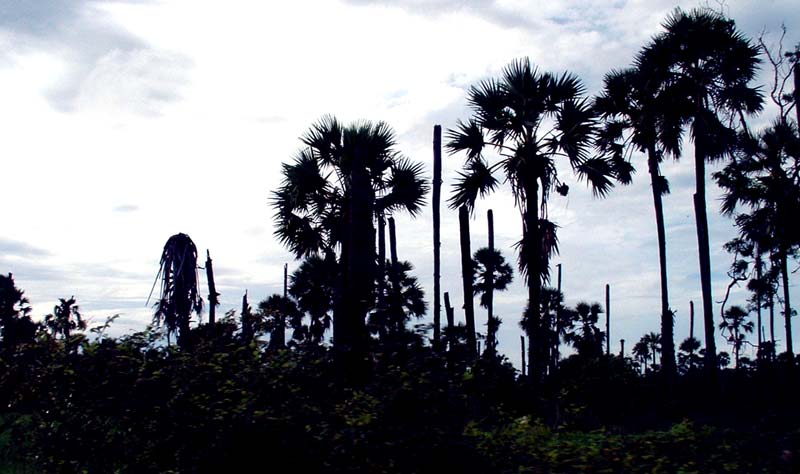COLOMBO, Feb 27 (Reuters) - Sri Lanka's Tamil Tigers said on Tuesday they were sorry the Italian, German and U.S. ambassadors had been slightly injured by their fire on Tuesday, but blamed the army for putting them in harm's way and for provocation.
The Tigers said they had not been advised foreign diplomats were being transported into what they called a military operational area, and accused the army of firing at them first. The military said the Tigers fired mortars and artillery shells.
"We are sorry that they are injured. But we did not injure them," said Tiger military spokesman Rasiah Ilanthiraiyan. "It is the military's fault for putting them in a war zone."
"These areas are the usual launching pads for military attacks," he added. "Even this morning they fired at us and we retaliated. No one informed us the ambassadors were there."
Hospital officials in the eastern district of Batticaloa treated Italian Ambassador Pio Mariani and German envoy Jurgen Weerth.
U.S. Ambassador Robert Blake's arm was grazed either by shrapnel or a stone, the military said, but he was not taken to hospital and his embassy said he was fine and unharmed.
The attack came as helicopters carrying Disaster Management and Human Rights Minister Mahinda Samarasinghe as well as ambassadors from the United States, European Union, Germany and France landed in Batticaloa on a goodwill mission
Tuesday, February 27, 2007
Subscribe to:
Post Comments (Atom)








1 comment:
-WashingtionPost-
The Italian, German and U.S. Ambassadors to Sri Lanka were slightly injured on Tuesday when Tamil Tiger rebels shelled a delegation of diplomats led by the island's human rights minister, the military said.
Hospital officials in the eastern district of Batticaloa treated Italian Ambassador Pio Mariani and German envoy Jurgen Weerth.
U.S. Ambassador Robert Blake's arm was grazed either by shrapnel or a stone, the military said, but he was not taken to hospital and his embassy said he was fine and unharmed.
It is believed to be the first attack on Western envoys since the rebels began fighting for a separate homeland in 1983.
The Tigers said they were sorry the envoys were injured by their fire, but blamed the army for putting them in harm's way.
The attack came as helicopters carrying Disaster Management and Human Rights Minister Mahinda Samarasinghe as well as ambassadors from the United States, European Union, Germany and France landed in Batticaloa on a goodwill mission.
"Due to Tiger shelling, the two helicopters were slightly damaged. They took off, but the U.S., Italian and German ambassadors had already got off and received minor injuries," said Lieutenant-Colonel Upali Rajapaksa of the Media Center for National Security.
"The act of shelling this delegation is a very serious thing by the Tigers," he added. "It shows the Tigers' callous disregard for the betterment of civilians in the east."
The minister and other ambassadors, who were visiting the area on a needs assessment trip for thousands of refugees displaced by a new chapter in the island's two-decade civil war, were unharmed, military and embassy officials said.
Italian embassy officials were not immediately available for comment.
U.S. embassy officials said Blake was fine.
"The ambassador was there and is fine. He was not taken to hospital," said U.S. embassy Public Affairs Officer Terry White.
TIGERS SORRY, BLAME ARMY
The Tigers said they had not been advised foreign diplomats were being transported into what they called a military operational area, and accused the army of firing at them first. The military said the Tigers fired mortars rounds and artillery shells.
"We are sorry that they are injured. But we did not injure them," said Tiger military spokesman Rasiah Ilanthiraiyan. "It is the military's fault for putting them in a war zone."
"Even this morning they fired at us and we retaliated. No-one informed us the ambassadors were there," he added.
The attack comes after months of deadly artillery exchanges, air raids, land and sea battles and ambushes. The violence has killed about 4,000 people in the past 15 months.
Sri Lanka's stock market fell on the news of the attack, traders said, and was down around 0.44 percent in early afternoon trade.
Post a Comment